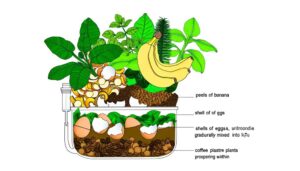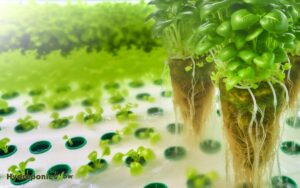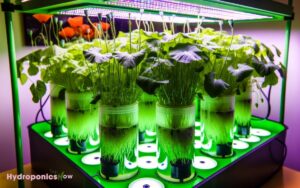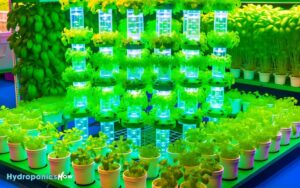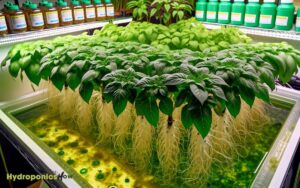You Can Grow Coca Plants Hydroponically: Yes Here’s How in 10 Steps
Yes, it is technically possible to grow coca plants hydroponically.
Hydroponic systems can provide the controlled environment necessary to meet the specific requirements for coca plant cultivation, such as maintaining temperatures between 20°C and 30°C and humidity levels of 70-90%.
Factors such as pH level, light intensity, and nutrient balance must also be carefully regulated.
However, it is essential to note that the cultivation of coca plants is highly restricted under international and national laws, including the United Nations Single Convention and the U.S. Controlled Substances Act.
Understanding the complex legal and ethical considerations is imperative before proceeding. Discover more about these intricate challenges.
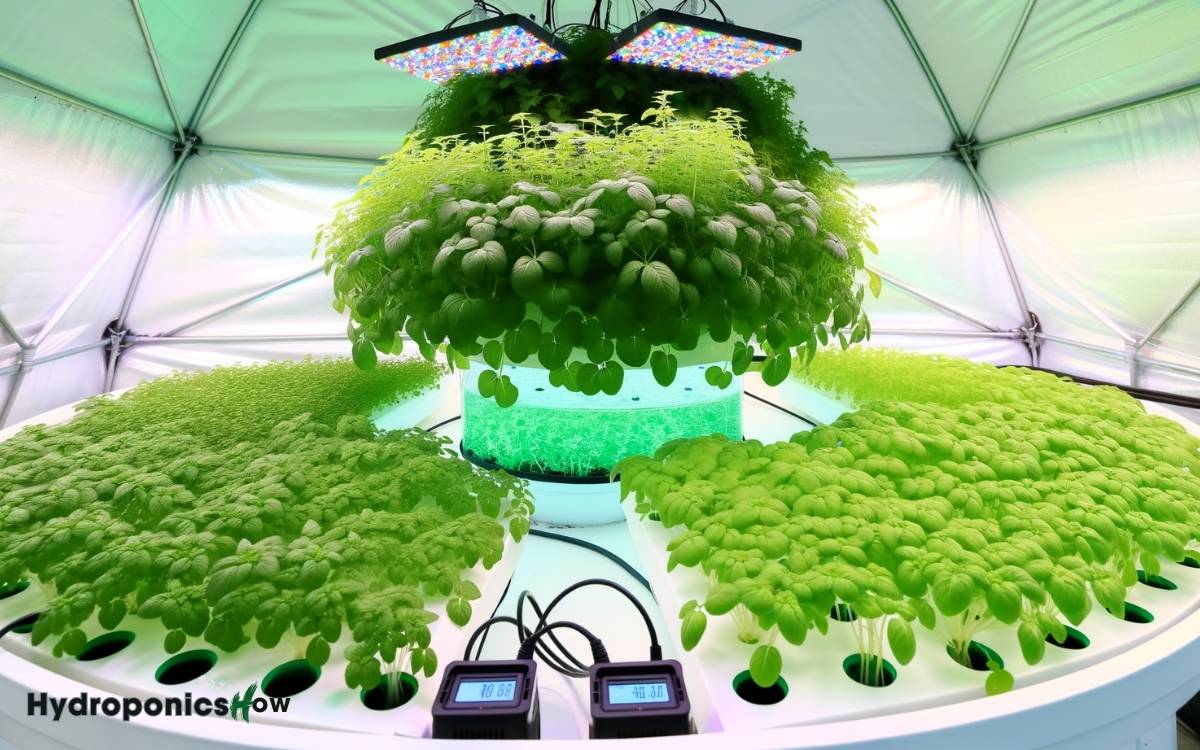
Key Takeaways
Legal Considerations
Understanding the legal considerations surrounding the cultivation of coca plants is essential, as it is tightly regulated under international and national laws due to its potential for misuse.
The United Nations Single Convention on Narcotic Drugs (1961) classifies coca plants as controlled substances, limiting their production and distribution.
National regulations vary; for instance, in the United States, the Controlled Substances Act (CSA) prohibits the cultivation of coca without explicit authorization from the Drug Enforcement Administration (DEA).
Scientific research permits are exceptionally rare and heavily monitored. Compliance with these legal frameworks is vital to avoid criminal penalties.
Therefore, prospective cultivators must thoroughly investigate and adhere to applicable regulations to ensure lawful activities, emphasizing both legal and ethical responsibilities in the context of coca plant cultivation.
Hydroponic Basics
Hydroponics, a method of growing plants in a nutrient-rich water solution without soil, frequently offers a controlled environment that can optimize the growth and yield of various plant species. This technique allows for precise control over factors such as nutrient levels, pH, and water availability, reducing resource wastage. As a result, efficient hydroponic plant growth can lead to higher productivity compared to traditional soil-based methods. Additionally, hydroponics minimizes the risk of soil-borne diseases, making it a sustainable and reliable alternative for modern agriculture.
This technique involves the precise regulation of essential factors such as pH levels, nutrient concentration, light intensity, and water quality.
By eliminating soil, hydroponics mitigates many soil-borne diseases and pests, thereby reducing the need for pesticides.
Evidence suggests that hydroponic systems can accelerate growth rates and enhance crop yields due to the consistent availability of nutrients and oxygen to the root zone.
Additionally, hydroponic setups often utilize space more efficiently and can be adapted for both small-scale and large-scale agricultural operations, making them a versatile choice for modern cultivation.
Coca Plant Requirements
Coca plants (Erythroxylum coca) require specific environmental conditions, including ideal temperature ranges, humidity levels, and light exposure, to thrive and produce alkaloid-rich leaves effectively.
Optimal growth occurs in temperatures between 20°C and 30°C. Consistent humidity levels of 70-90% are essential to mimic their native tropical habitats. Light exposure should be managed to provide 12-14 hours of indirect sunlight daily.
| Parameter | Ideal Range | Notes |
|---|---|---|
| Temperature | 20°C – 30°C | Avoid extreme temperature fluctuations |
| Humidity | 70% – 90% | High humidity prevents leaf desiccation |
| Light Exposure | 12-14 hours/day | Indirect sunlight is preferable |
Potential Challenges
In addition to the specific environmental requirements for ideal coca plant growth, several potential challenges can impede successful hydroponic cultivation.
One significant issue is nutrient balance, as coca plants require precise micronutrient ratios that can be difficult to maintain in hydroponic systems.
Additionally, pH fluctuations in the nutrient solution may affect nutrient uptake, leading to deficiencies or toxicities.
Another challenge is the control of humidity and temperature; coca plants thrive in specific tropical conditions that are hard to replicate consistently.
Moreover, the susceptibility to pests and diseases can increase in a controlled environment, necessitating rigorous monitoring and intervention.
Finally, the limited availability of research on hydroponic coca cultivation complicates the optimization of growing protocols, making empirical data scarce.
Ethical Implications
The ethical implications of hydroponically cultivating coca plants are multifaceted, encompassing legal, social, and health-related concerns that necessitate careful consideration.
Legally, the cultivation of coca plants is often restricted, given their association with cocaine production.
Socially, hydroponic growth could contribute to illegal drug trade dynamics and community destabilization. Health-wise, increased access to coca plants may exacerbate substance abuse problems.
| Aspect | Concern | Impact |
|---|---|---|
| Legal | Regulatory compliance | Potential legal penalties |
| Social | Community destabilization | Increased crime rates |
| Health | Substance abuse | Public health deterioration |
| Economic | Black market growth | Financial instability |
Conclusion
To sum up, cultivating coca plants hydroponically presents a labyrinth of legal, technical, and ethical challenges.
While hydroponic systems can potentially meet the specific requirements of coca plants, the endeavor is fraught with regulatory hurdles and moral quandaries.
The scientific community must navigate these murky waters with caution and integrity, ensuring that advancements in hydroponic cultivation do not inadvertently sow the seeds of societal harm.
This complex interplay underscores the necessity for ongoing research and rigorous oversight.

